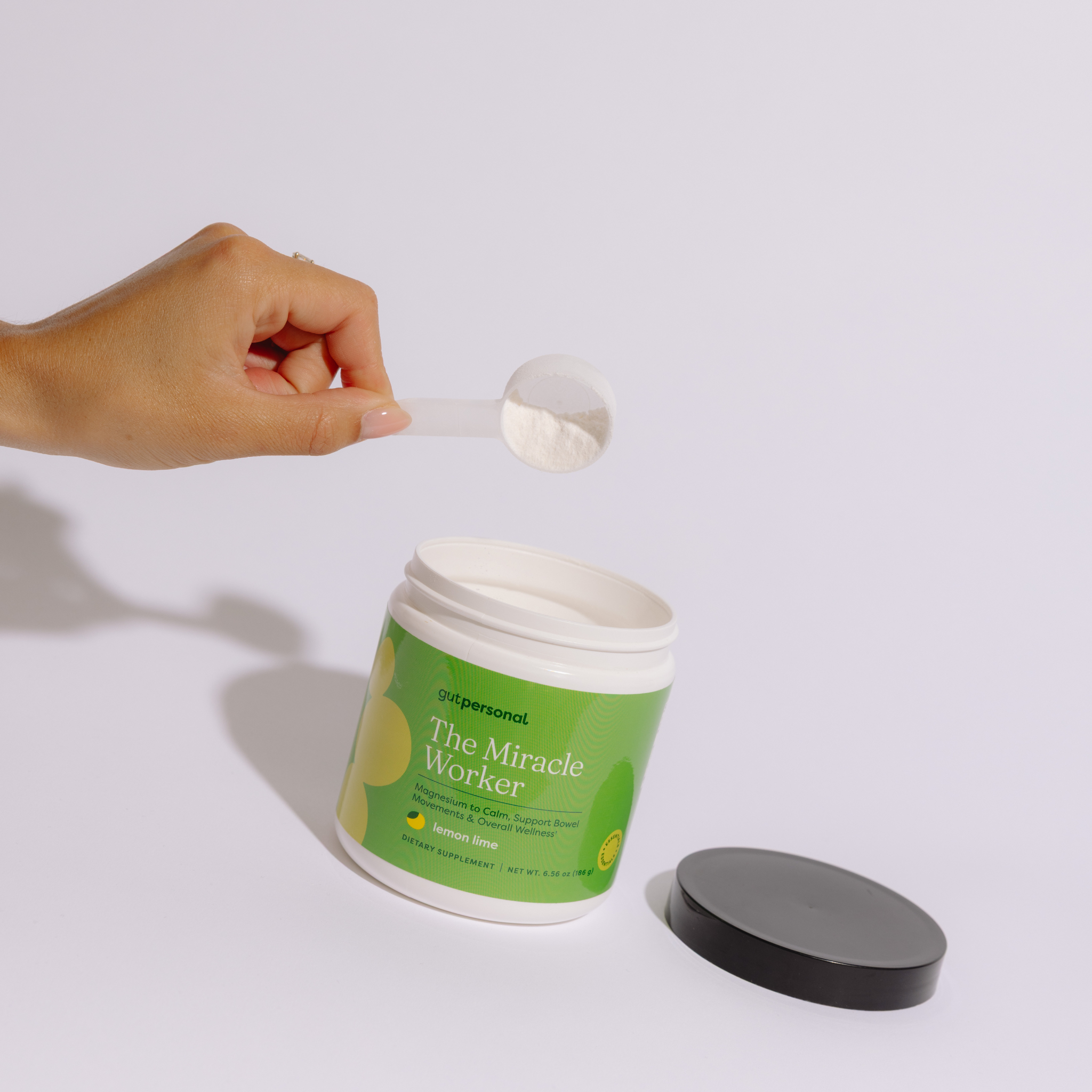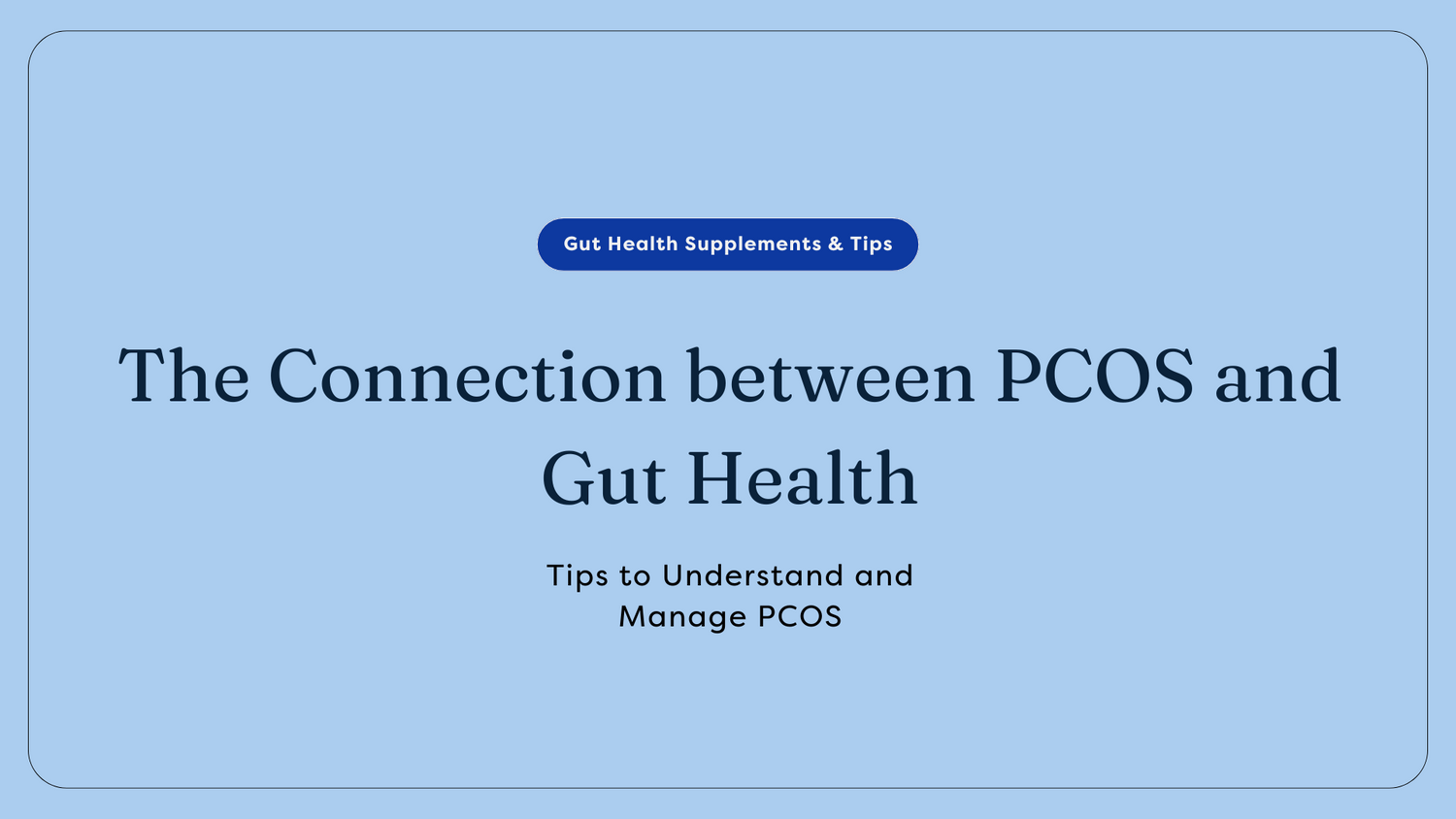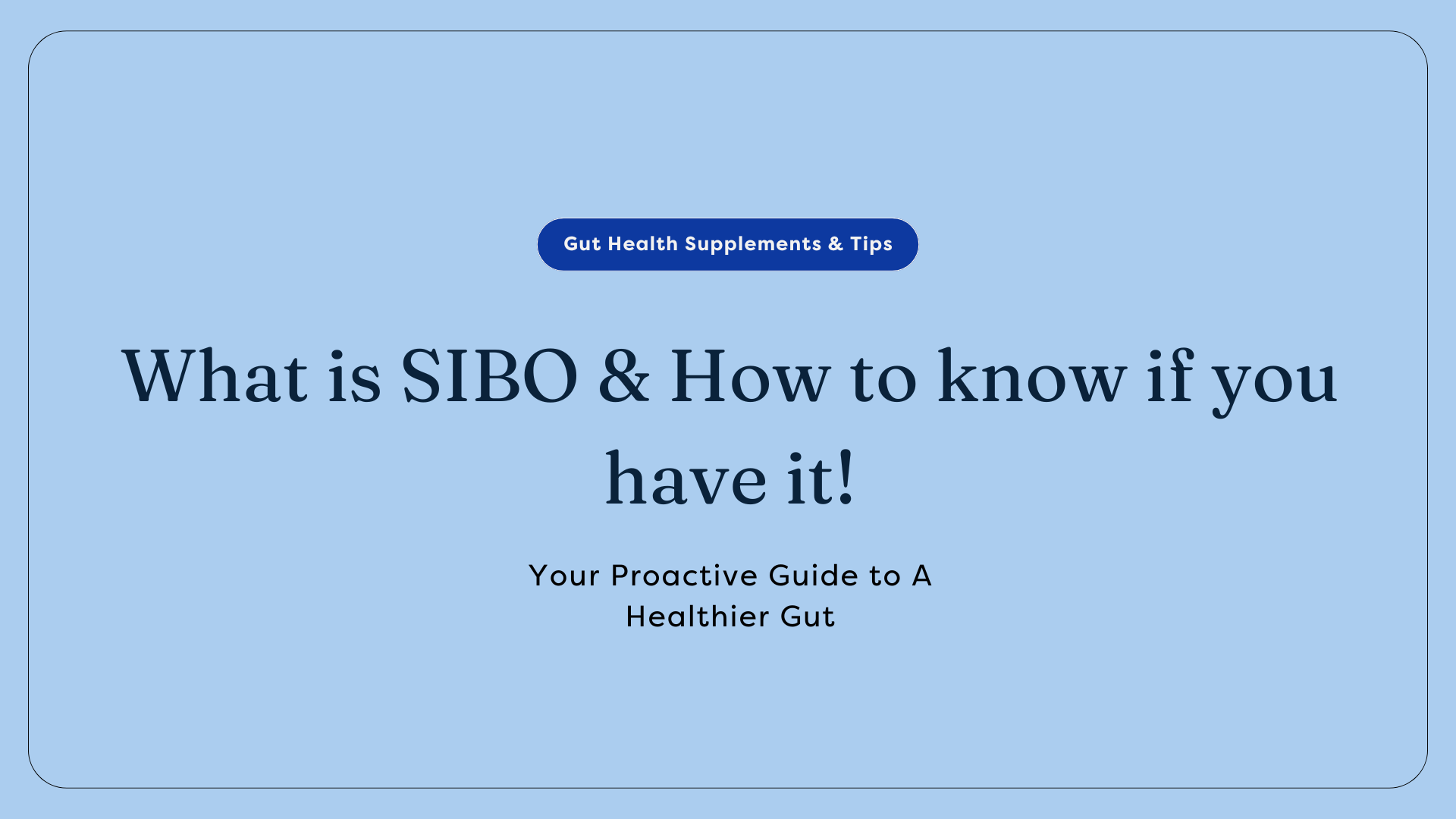Polycystic Ovary Syndrome (PCOS) is a complex hormonal disorder affecting individuals with ovaries. While its primary characteristics include irregular periods, cystic ovaries, and elevated androgen levels, recent research suggests a significant link between PCOS and gut health. In this blog post, we'll explore the symptoms of PCOS, the impact of gut health on PCOS, actionable steps to support your gut, and the role of the DUTCH test in uncovering hormone imbalances at the root of PCOS.
Understanding PCOS
PCOS is a common hormonal disorder affecting people with ovaries, and its symptoms can vary widely. Common signs of PCOS include:
- Irregular Menstrual Cycles: Women with PCOS often experience irregular periods, including prolonged or infrequent menstrual cycles.
- Cystic Ovaries: The condition is characterized by the presence of small cysts on the ovaries, which may affect their normal function.
- Elevated Androgen Levels: Increased levels of male hormones, such as testosterone, can lead to symptoms like acne, hirsutism (excessive hair growth), and male-pattern baldness.
- Insulin Resistance: Many individuals with PCOS also experience insulin resistance, which can contribute to weight gain and difficulties in managing blood sugar levels.
The Gut-PCOS Connection
Recent research suggests that the health of the gut microbiome may play a role in the development and exacerbation of PCOS. An imbalance in gut bacteria, can lead to inflammation and affect insulin sensitivity, contributing to insulin resistance—a common feature of PCOS.
Supporting Your Gut for PCOS Management
- Dietary Changes: Adopting a diet rich in fiber, prebiotics, and probiotics can promote a healthy gut microbiome. Include plenty of fruits, vegetables, whole grains, and fermented foods in your diet.
- Manage Stress: Chronic stress can negatively impact gut health. Incorporate stress-management techniques such as meditation, yoga, or deep breathing exercises into your routine.
- Regular Exercise: Physical activity supports gut health and can help manage insulin resistance, a common concern in PCOS. Aim for a combination of cardiovascular and strength-training exercises.
- Limiting Processed Foods: Highly processed and sugary foods can contribute to inflammation and negatively impact gut health. Minimize your intake of processed foods and opt for whole, nutrient-dense options.
Supplements to Support Gut Health in PCOS
- Probiotics: These supplements can help restore and maintain a healthy balance of gut bacteria. Find the right probiotic for you with the GutPersonal Gut Health Quiz
- Omega-3 Fatty Acids: Known for their anti-inflammatory properties, omega-3s can support gut health and may help alleviate inflammation associated with PCOS.
- Inositol: Studies suggest that inositol supplementation may improve insulin sensitivity and ovarian function in individuals with PCOS. The Prenatal by GutPersonal uniquely includes inositol to support hormones before, during and after pregnancy.
- Vitamin D: Adequate vitamin D levels are crucial for overall health, including hormonal balance. Most people need supplementation to keep levels in optimal ranges.
Hormone Testing Package: Getting to the Root of Hormonal Imbalances
The DUTCH (Dried Urine Test for Comprehensive Hormones) test is a powerful tool for assessing hormone levels and metabolites. This comprehensive test provides insights into hormone imbalances, including cortisol, estrogen, progesterone, and testosterone. Identifying specific hormonal patterns can guide personalized interventions to address the root causes of PCOS.
Recognizing the intricate link between PCOS and gut health opens new avenues for holistic management. By addressing gut health through lifestyle modifications, dietary changes, and targeted supplements, individuals with PCOS can potentially mitigate symptoms and improve overall well-being. Additionally, our Hormone Testing Package offers a personalized and comprehensive assessment of hormonal imbalances, allowing for more targeted interventions.
If you suspect you have PCOS or are struggling with its symptoms, consider incorporating these strategies into your routine. Remember to consult with healthcare professionals for personalized advice tailored to your unique needs. Together, a balanced gut and targeted hormonal interventions can pave the way for a more manageable and empowered journey with PCOS.









Leave a comment
All comments are moderated before being published.
This site is protected by hCaptcha and the hCaptcha Privacy Policy and Terms of Service apply.